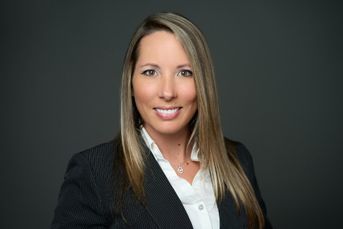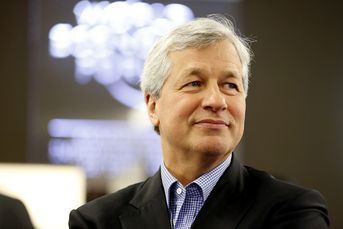Here’s to a profession as old as Woodstock

Financial planning has helped improve the lives of Americans.
With battalions of graying baby boomers marching — or, perhaps, ambling — into retirement, this summer’s 50th anniversary of Woodstock was especially significant. For the hundreds of thousands who attended the event in 1969 and the millions more who took part vicariously through the media, Woodstock marked a defining moment for a generation.
[More: Few colleges offer a financial planning program]
For the financial advice business, this year’s golden anniversary of the founding of the financial planning profession echoes the significance, impact and promise of Woodstock: Both events have shaped and changed the lives of countless Americans.
As Mark Schoeff Jr. details in this week’s cover story, the historic financial planning “event” was a meeting of 13 financial planners in December 1969, near O’Hare International Airport.
To be sure, that meeting — at a nondescript business hotel on a dark wintery day in Chicago — generated no visual image that forever remains etched in our collective memories. But what that meeting spawned has certainly revolutionized the way Americans approach saving, investment and retirement. It also transformed the businesses that provide investments and financial services.
For one thing, the meeting spawned the creation of the College for Financial Planning, which was intended to provide the intellectual heft necessary to underpin a new profession and a new approach to financial products.
[More: John Bogle remembered: He ‘ignited a revolution’
Instead of selling insurance policies and securities, the new advice professionals would help clients manage the wide scope of their finances, tackling everything from obtaining the right mortgage to saving for a child’s education and investing for retirement. Graduates of the College for Financial Planning’s program went on to create the Institute of Certified Financial Planning and the International Association for Financial Planning, which eventually merged to form the Financial Planning Association.
The road to professionalization for financial planning has been rocky. The latest example is the move by the Certified Financial Planner Board of Standards to require that holders of the CFP designation adhere to a fiduciary standard.
Gradually moving in that direction, the CFP Board, which sets and enforces standards for the certification, is going ahead with its Oct. 1 deadline for requiring that CFP holders act as fiduciaries at all times — not just when they are creating plans, as was the standard in the past, but also when they implement plans.
To mollify broker-dealers, which generally have opposed adopting an RIA-like fiduciary standard for registered representatives, the CFP Board said that it will hold off on enforcement until June 30, 2020 in order to provide time to adjust to the new standard.
[More: MeToo: Even in the financial advice industry, sexual harassment is a serious problem]
Given the trajectory of financial planning over the past 50 years, it’s clear that higher standards and greater professionalism are what’s ahead. The path hasn’t always been the most direct, but it’s a trend driven by public demand.
When they were listening to Janis Joplin at Woodstock in 1969, baby boomers weren’t thinking about individual retirement accounts, 401(k) plans or index funds — all of which didn’t yet exist. They probably weren’t concerned about retirement, either.
But over the years, boomers as well as millennials, Gen Xers and everyone else has been forced by societal changes to assume more responsibility for their own financial health. Fortunately, a profession as old as Woodstock, is here to help.
[Recommended video: Next generation clients want advisers to help them live better lives]
Learn more about reprints and licensing for this article.







